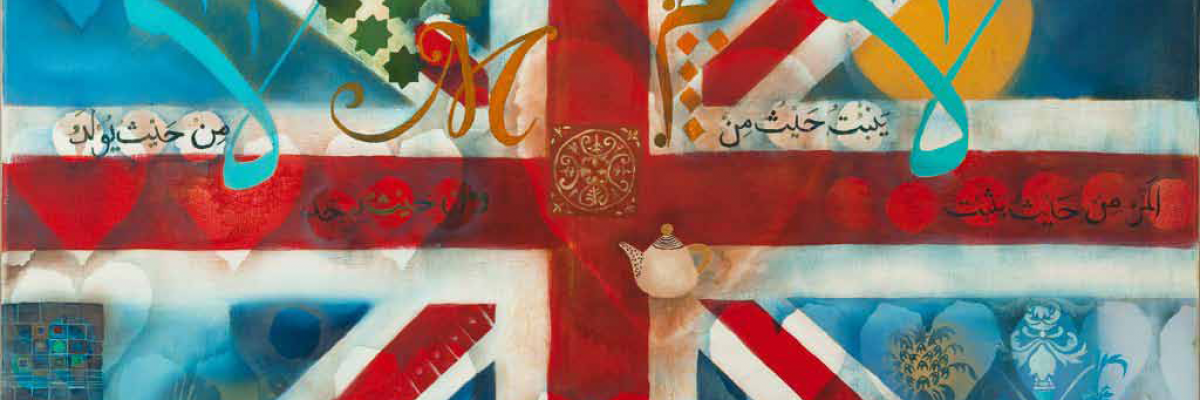
Britain’s chattering classes have their ascots all a-twist over recent comments by celebrity atheist Richard Dawkins that have been construed as offensive towards a religion.
Did he come out with yet another of the brazen anti-Christian (and especially anti-Catholic) remarks for which he is justifiably famous?
No, that stuff fails to elicit even a yawn from elites in the media and academe. What Dawkins said was this:
“[A]ll the world’s Muslims have fewer Nobel Prizes than Trinity College, Cambridge. They did great things in the Middle Ages, though.”
As journalist Mark Steyn reports, the reaction was swift and savage:
This time round, the old provocateur managed to get a rise out of folks. Almost every London paper ran at least one story on the “controversy.” The Independent‘s Owen Jones fumed, “How dare you dress your bigotry up as atheism. You are now beyond an embarrassment.” The best-selling author Caitlin Moran sneered, “It’s time someone turned Richard Dawkins off and then on again. Something’s gone weird.” The Daily Telegraph‘s Tom Chivers beseeched him, “Please be quiet, Richard Dawkins, I’m begging.”
One is tempted to ask, of course, whether any of these writers suddenly concerned about bigotry dressed up as atheism has read even a word of Dawkins’s before, but no matter. My aim here isn’t to cry “double standard!” We already know that seculars tend to give Christianity the short end of the stick. But why do they?
Perhaps it’s because Christianity offends secular liberal principles more than other religions. There could be something do this. Any religion whose founder claims to be the way, the truth, and the life (and which hasn’t subsequently dismissed what that claim implies) is going to be a poke in the eye to relativism and “diversity.” Traditional Christianity’s stubborn refusal to give ground on sexual morality doesn’t win it any friends in most newsrooms or faculty lounges, either. So you could understand if there was a preference in such places for less doctrinaire and demanding forms of faith. Certain Eastern religions (or the watered-down Western practice thereof) might fit the bill. Or Unitarianism, which cleverly guards itself against prejudice towards its beliefs by not having any.
But surely Islam doesn’t fit that description. Surely, in its doctrinal chauvinism, barely veiled misogyny, and long history of violence in God’s name it is more unpalatable to the secular West than even the grossest caricature of Catholicism?
Survival Instinct
Maybe that’s the key to the real answer, then. Maybe Western elites come to Islam’s defense so readily, even when to do so contradicts their own values, for no other reason than fear. After all, as Steyn notes, Muhammad is the most popular baby name in London and second-most popular in all the Realm. Growing quarters in many of Europe’s cities have become Muslim colonies, all bubbling with the potential for violence. Perhaps these writers who always gave a pass to Dawkins before simply realize that Christians won’t set their car on fire or chop off their head in broad daylight.
Well, that could be it. But instinct tells me otherwise. I don’t doubt that some politicians, whose jobs depend on maintaining public order, can recognize where there’s a need for kid-glove treatment of Islam. But I don’t think pundits and professors are that plugged-in to reality. And even if they don’t think Islam is fundamentally a religion of peace (many do), even if they don’t ascribe urban Muslim violence to poverty or racism or some other secular cause (many do), I still doubt they fear for their own safety enough to chuck all integrity to the wind. The perceived threat is just too distant.
So here’s my theory: the religious double standard in the secular West, expressed most starkly in differing treatments of Christianity and Islam, is not due to ideology or fear but to a kind of boredom. Fifty years of imbibing multiculturalism, relativism, religious indifferentism, and every other sort of –ism aimed at untethering our culture from its foundation, has left us in a posture of weary disdain for our Christian, European patrimony, and a reflexive preference for anything foreign to it.
From this posture it seems perfectly natural, when a Richard Dawkins criticizes the religion of our forefathers, to shrug (or to join in), but criticism of some alien thing sets off all our tolerance alarms.
There may be a silver lining, though—one that suggests a promising future for the mission of Catholic Answers and indeed all the faithful.
I recall a snippet that appeared in This Rock magazine some years ago, about a Catholic university that offered a course promising an insider’s look at the Church’s most secret teachings and practices. The course, called “Underground Catholicism,” was apparently a runaway hit with the undergrads—so much so that the professor could never bring himself to tell them that he was simply teaching from the Baltimore Catechism.
What’s the connection? Well, I don’t think that our collective accidie over Christianity and Western culture can last forever. It took nineteen centuries for us to get so bored with our heritage that we pretended to like something else better, but it may not be more than nineteen years before that whole project collapses under the weight of its own absurdity. When that happens, an entire generation that never knew what it was supposed to have rejected will go looking for it. What was old will be new again, and the vineyards of evangelization will be ripe for harvest.



